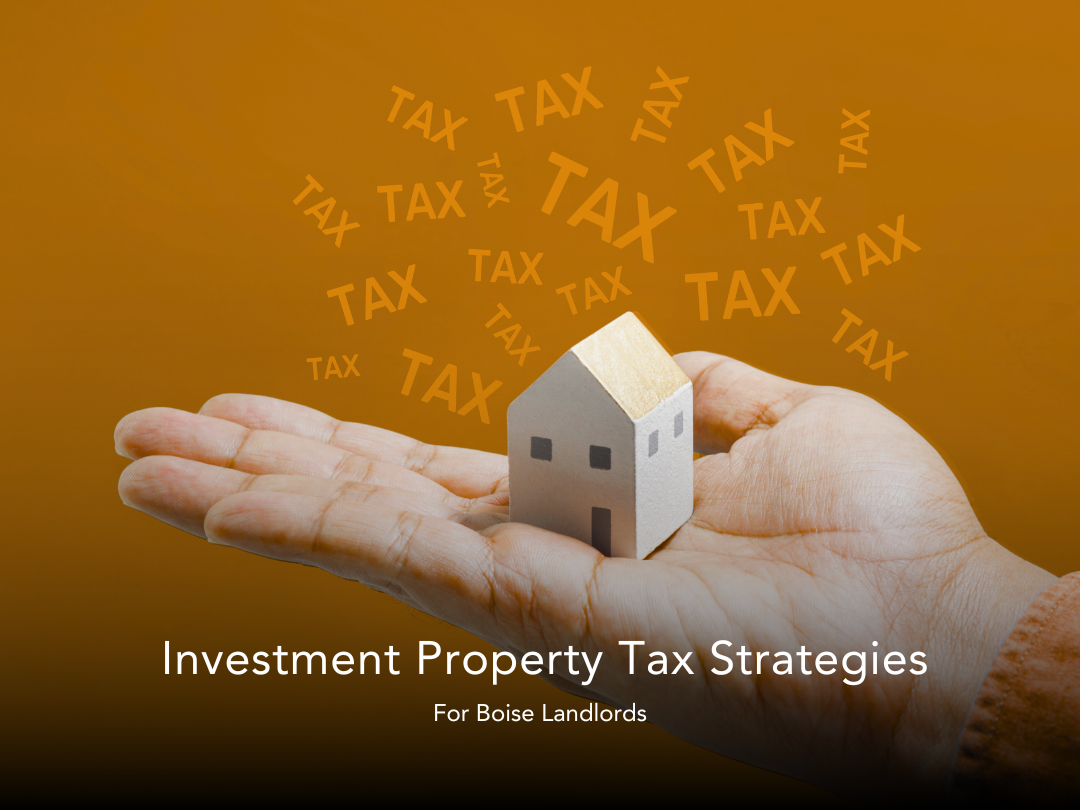Investing in real estate can be a lucrative way to build wealth, generate passive income, and diversify your financial portfolio. However, when it comes to managing your own investment property, many investors grapple with the decision: Should I manage it myself or hire a professional property manager?
Here’s a detailed look at the pros and cons of taking the DIY route to property management:
The Pros of Managing Your Own Investment Property
Cost Savings
One of the most attractive benefits of self-management is saving on management fees, which typically range from 8% to 12% of the monthly rent (plus potential leasing or renewal fees). By managing the property yourself, you can keep more of the rental income in your pocket.
Direct Control
Managing your own property gives you full control over decisions, including tenant selection, maintenance priorities, and lease terms. This allows you to shape the rental experience to align with your investment goals and values.
Closer Relationship with Tenants
Being your own property manager can help you build direct relationships with tenants, which can lead to better communication, higher tenant satisfaction, and potentially longer tenancies. Tenants often appreciate knowing the property owner is involved and accessible.
Hands-On Learning Experience
Managing a property yourself provides invaluable first-hand experience with the rental market, local laws, tenant relations, and maintenance. This knowledge can make you a more informed investor and help you make better decisions for future investments.
Flexibility
As the property owner, you can quickly respond to issues, make immediate decisions on repairs, and adapt policies as needed without waiting for third-party approval.
The Cons of Managing Your Own Investment Property
Time-Consuming
Managing a rental property is not a passive investment—it requires a significant time commitment. From screening tenants and collecting rent to handling maintenance calls (often at inconvenient times), self-management can feel like a second job.
Legal Compliance
Landlord-tenant laws can be complex and vary by jurisdiction. Failure to comply with local, state, and federal regulations regarding fair housing, security deposits, evictions, and habitability standards can expose you to lawsuits and fines.
Emotional Challenges
Dealing with tenant issues—such as late payments, disputes, or property damage—can be emotionally taxing. It's sometimes hard for owners to separate business decisions from personal feelings, especially when confronted with difficult tenants.
Maintenance Coordination
Responding to repair requests and maintenance issues can be overwhelming, especially if you have a full-time job or live far from the property. Delays in addressing problems can lead to tenant dissatisfaction and potential legal issues.
Vacancy and Marketing
Finding and retaining quality tenants requires time, effort, and marketing savvy. DIY landlords may struggle to effectively market the property, set competitive rents, and screen applicants thoroughly—leading to longer vacancies and potential loss of income.
While managing your own investment property offers cost savings and a more personal touch, it also comes with significant responsibilities and risks. If you have the time, knowledge, and temperament to handle the demands of property management, self-management can be a rewarding option. However, for those who prefer a more hands-off investment or who own multiple properties, hiring a professional property manager can ensure compliance, efficiency, and peace of mind.
Before deciding, honestly assess your skills, availability, and tolerance for stress—and remember that the right choice is the one that aligns with your investment strategy and personal goals.









